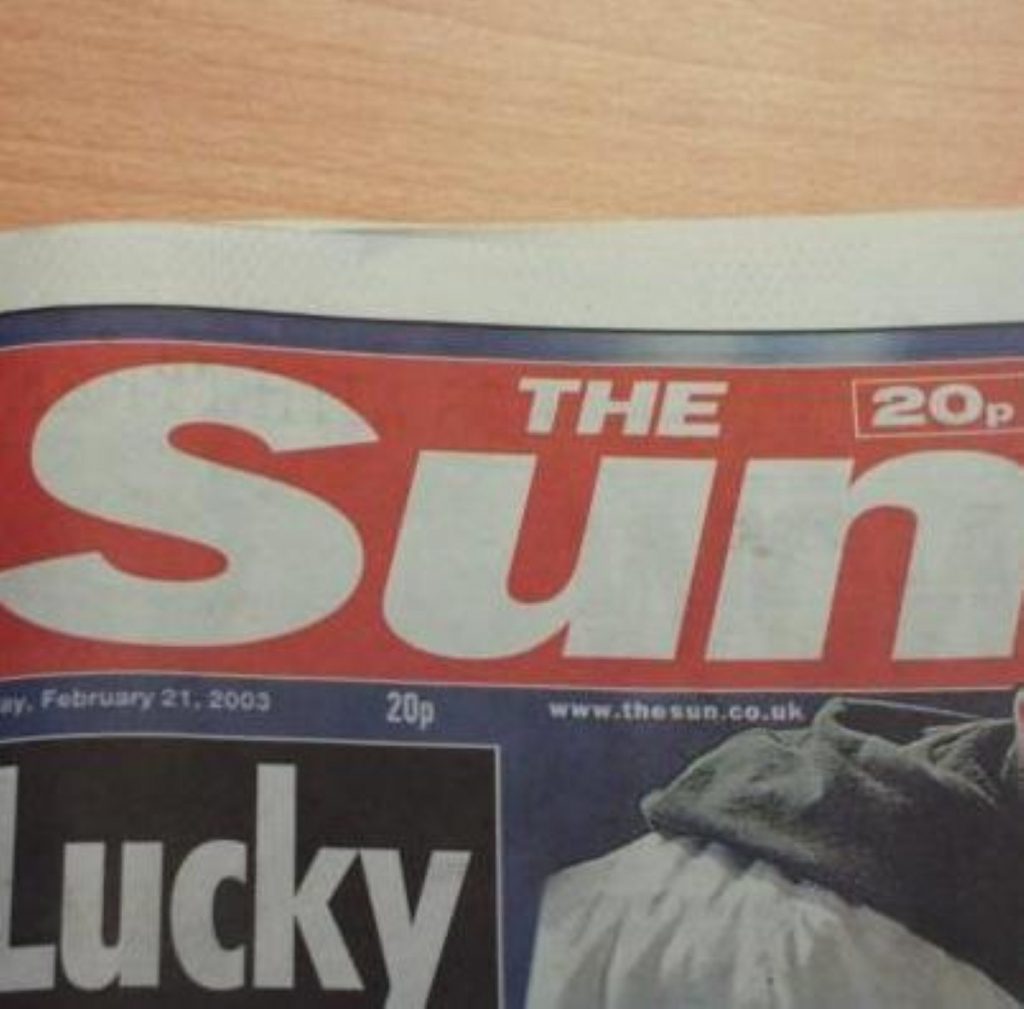A day in the Sun: Leveson hears from tabloid editors
By Ian Dunt Follow @IanDunt
A succession of former Sun editors are set to appear at the Leveson inquiry today, as it restarts after the Christmas break.
The session began with Kelvin MacKenzie, an editor of the paper for 13 years, who recently said that if a story "sounded right it was probably right and therefore we should lob it in".
He told the inquiry into media standards that the judgement on newspaper coverage was selective and elitist, arguing that hacking Tony Blair's phone would have resulted in a six-month jail term for a Sun journalist and a Pulitzer prize for a Guardian journalist.


"People view the Sun at the bottom of the pile and for as long as it exists I think they view papers like the Guardian as the top of the pile," he said.
Asked by counsel for the inquiry Robert Jay if he had any regard for privacy, Mr MacKenzie answered: "Not really, no."
He added: "There is no certainty in journalism.
"It's hard to work out what standards are when you're trying to find out the truth."
Mr MacKenzie was editor of the Sun during a period of robust support for Margaret Thatcher in the Sun offices, including strong backing for the Falklands War and the prime minister's response to the miners' strike.
Speaking about his meetings with Baroness Thatcher, he said: "I was always astonished that the prime minister would want to meet a tabloid editor with one GCSE. I always struggled to see what the equivalence was in that."
Asked about his relationship with her successor in Downing Street, he said the relationship between the paper and Downing Street became decidedly less friendly.
"We did not have a particularly good relationship. He was no Thatcher, John Major," Mr MacKenzie said.
He also confirmed that he called Mr Major to tell him he planned to "throw a bucket full of sh*t" over him in the next day's paper, after the UK's fell out the Exchange Rate Mechanism in 1992.
His tenure at the paper is mostly remembered mostly for the paper's coverage of the Hillsborough disaster, in which it falsely reported that Liverpool fans "picked the pockets" of the dead and urinated on medical staff.
Mr MacKenzie's testimony was interrupted by a member of the public heckling the inquiry and demanding answers about Michael Stone – possibly a reference to the Northern Irish loyalist convicted of the attempted murder of Martin McGuinness and Gerry Adams.
He was followed by Dominic Mohan, former editor and showbiz reporter, and Gordon Smart, editor of the newspaper's showbiz column Bizarre.












